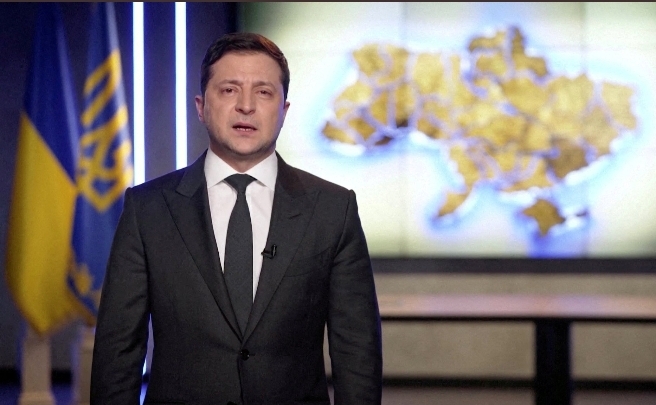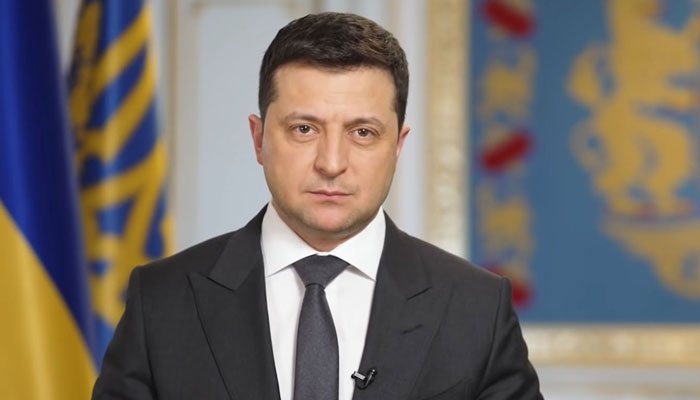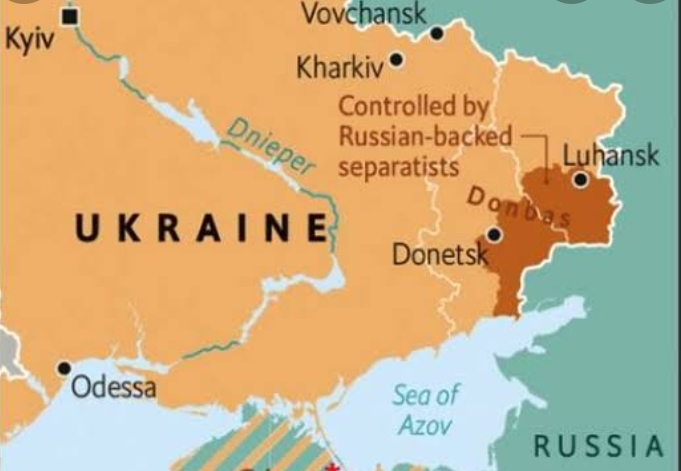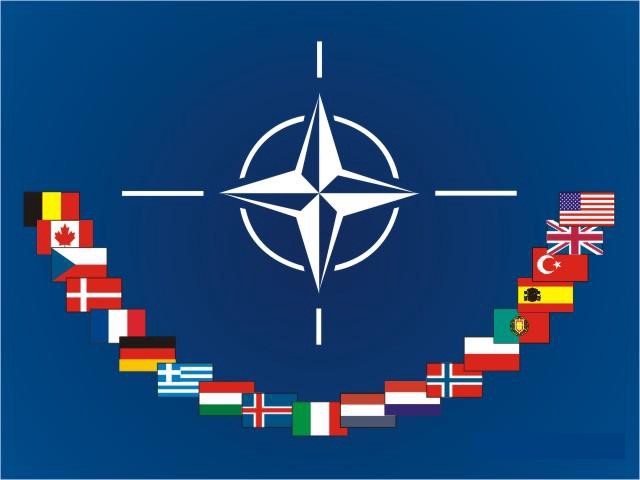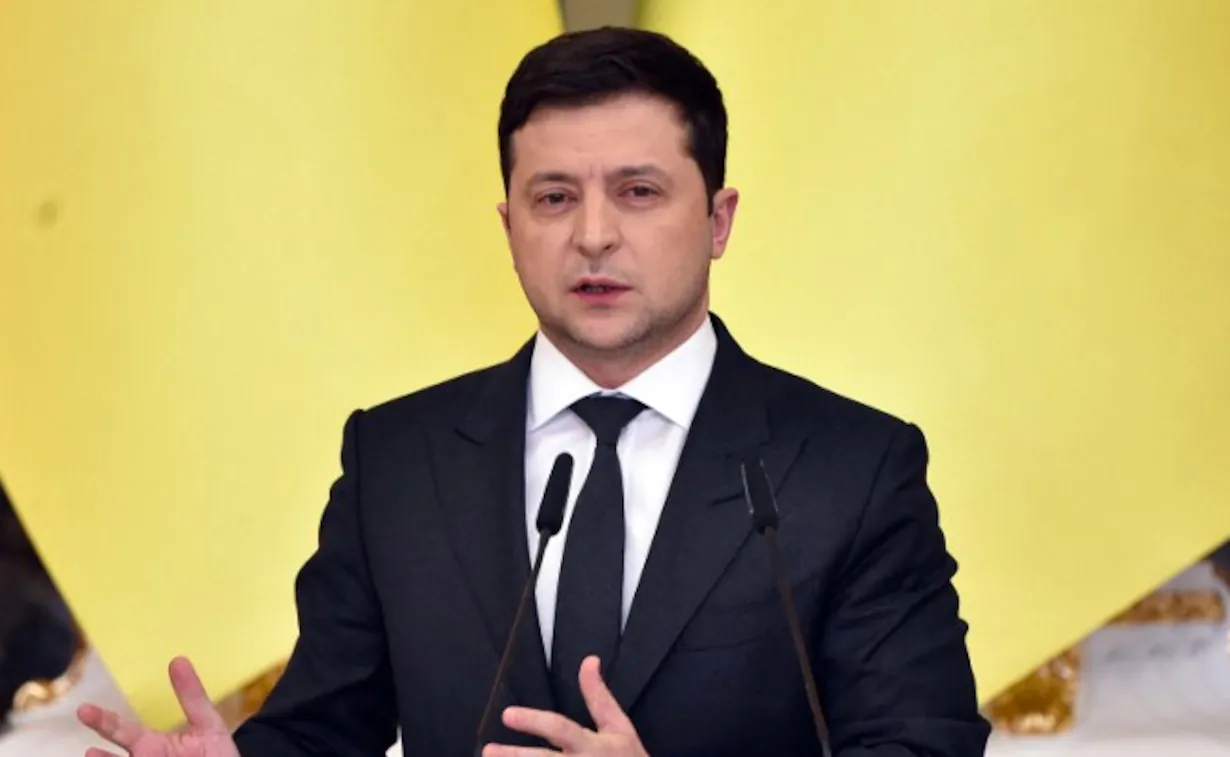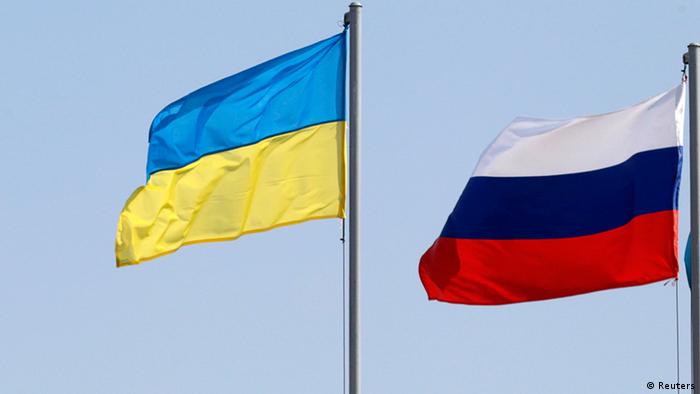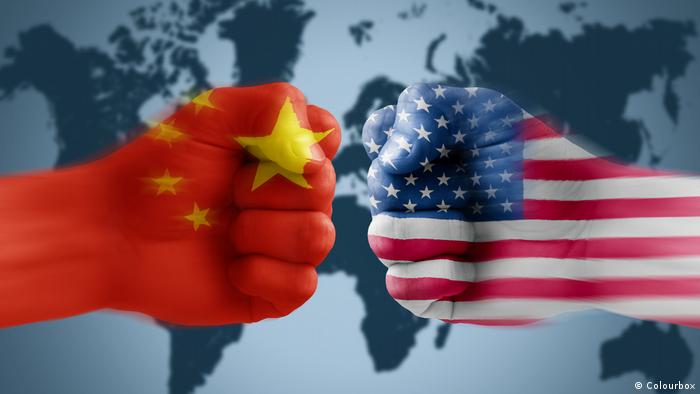By Owei Lakemfa
THE siamese twins, India and Pakistan, have virtually been at each other’s throats since the 1947 surgical operation by quack British doctors that separated them.
Their last dogfight in the skies was in 2019. However, on March 9, 2022, Pakistan with 165 nuclear warheads and India with 156, we’re almost at war. What nearly resulted in conflict was not their fierce differences over Kashmir or any difference for that matter.
What happened was that India fired a BrahMos Medium range missile into Pakistan’s Punjab Province damaging property. But luckily, no aircraft were flying around and there were no casualties.
The baffled Pakistanis who traced the missile launch were not sure what to make of it as it was an unarmed supersonic missile. They waited for the direct hotline between the two military chiefs to ring and get an explanation.
But it remained silent. As the Pakistanis prepared for a possible conflict, they made a complaint to India. That was when two days later, the explanation came with profuse apologies; the Indian Air Force was checking its systems when due to a technical malfunction, the missile went off.
Pakistan’s National Security Adviser, Moeed Yusuf said: “This missile travelled close to the path of international and domestic commercial airlines and threatened the safety of civilians…It is also highly irresponsible of Indian authorities not to have informed Pakistan immediately that an inadvertent launch of a cruise missile had taken place.”
With the world saturated by missiles and nuclear arms, it is not impossible that any can be fired due to technical or human errors; in other words, humans can simply sleepwalk into a universal disaster. I often hear an exclamation like: ‘The Devil is a liar’; but in reality, the Devil is a realist; the best way to avoid a nuclear disaster is to rid the world of nuclear weapons. Africans say, you do not go about sniffing what you forbid; if we do not want a biological or nuclear war, why do we go about producing them?
The United Nations in Article I of its Convention on the Prohibition of Bacteriological and Toxin Weapons, states that: “Each State Party to this Convention undertakes never in any circumstances to develop, produce, stockpile or otherwise acquire or retain microbial or other biological agents, or toxins whatever their origin or method of production, of types and in quantities…” But the issue of biological weapons production is the basis of the current claims and counterclaims in the ongoing Ukrainian war in which Russia on March 6, 2022, announced it had uncovered and captured a number of laboratories where Ukraine, with the aid of the United States, was engaged in the development of biological weapons.
Russian Foreign Ministry spokeswoman Maria Zakharova announced they had discovered that: “Components of biological weapons were being developed in Ukrainian laboratories in direct proximity to Russian territory…During the special military operation in Ukraine, the Kyiv regime was found to have been concealing traces of a military biological programme implemented with funding from the United States Department of Defence”. She also claimed that Russia found messages directing Ukrainian bio-laboratory staff to eradicate “hazardous pathogens of plague, anthrax, rabbit-fever, cholera and other lethal diseases(from) stored reserves of highly hazardous pathogens”.
The US which before the United Nations vehemently denied the accusations, however, did not accuse the Russians of planting the laboratories nor that American instructions to the Ukrainians to eradicate the hazardous pathogens rather than let them fall into Russian hands are fake.
The American position was made more problematic when its embassy in Ukraine issued a statement titled: ‘Biological Threat Reduction Program’. In reference to the Russian discoveries, the US Embassy said America “collaborates with partner countries to counter the threat of outbreaks (deliberate, accidental, or natural) of the world’s most dangerous infectious diseases”. The American statement went on to state that: “The Biological Threat Reduction Program’s priorities in Ukraine are to consolidate and secure pathogens and toxins of security concern…”
When the matter came up in the American Senate, the US Under Secretary of State for Political Affairs Victoria Nuland admitted: “Ukraine has biological-research facilities, which, in fact, we are now quite concerned Russian forces may be seeking to gain control of. So we are working with the Ukrainians on how they can prevent any of those research materials from falling into the hands of Russian forces, should they approach.”
My concerns are not whether or not the Ukrainian laboratory experiments are for defensive purposes -whatever that means -but that, as it happened in the Indian missile case, there can be accidental discharge or leakage, and before you know it, the world might be battling new pandemics.
This is also my concern on whether the war in Ukraine might involve the eventual use of nuclear weapons by either Russia or the North Atlantic Treaty Organisation, NATO. It may not be deliberate, but human errors like that that happened in the case of Indians can occur. Famous scientist Albert Einstein who initially thought the atomic bomb was a good idea, changed his mind, famously saying: “Mankind invented the atomic bomb, but no mouse would ever construct a mousetrap.” His conclusion was that: “To have security against atomic bombs and against the other biological weapons, we have to prevent war, for if we cannot prevent war every nation will use every means that is at their disposal; and in spite of all promises they make, they will do it.”
After the atomic bombs were dropped on Hiroshima and Nagasaki, humanity swore it must never be repeated. That was in 1945. But nuclear weapons increased to 3,000 in 1955 and to over 37,000 by 1965 (US, 31,000 and the Soviet Union 6,000). At this point, there were demands that nuclear weapons should first be drastically reduced, then eliminated.
This was one of the hopes in the negotiations of the Strategic Arms Limitation Treaty, SALT I signed in 1972. But rather than reduce, there was further proliferation to the extent that they rose to 47,000 by 1975 (US, 27,000 and Soviet Union 20,000) then to 70,300 active weapons in 1986.
The figures have reduced significantly, but remain very high, with Russia in 2022 having 6,255 nuclear warheads; the US: 5,550; China with 350; France: 290 and United Kingdom: 225 nuclear warheads. Other known nuclear countries are Israel and North Korea. There are others in the queue.
Despite threats, I am not sure nuclear-proliferating countries can stop others from joining the race; so there is a balance of terror. Yet, humanity and nuclear weapons cannot co-exist; one will have to give way to the other. The way out is decommissioning all nuclear weapons; but will the powerful agree to give up their lethal weapons? I doubt it.
